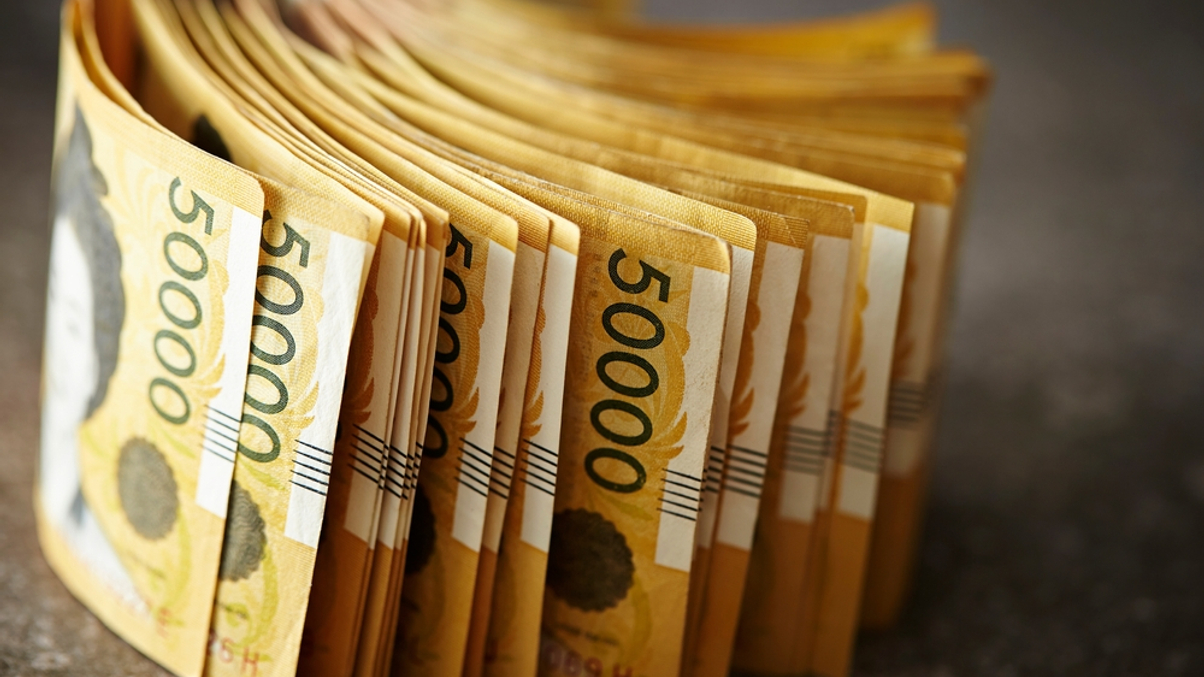POBA tweaks asset strategy to focus on income generation
The South Korean pension fund has calibrated its asset allocation strategy as it braces for an unpredictable second half, its investment chief says.

South Korean pension fund the Public Officials Benefit Association (POBA) has adjusted its strategic asset allocation for a year of ongoing global economic uncertainty.
Sign in to read on!
Registered users get 2 free articles in 30 days.
Subscribers have full unlimited access to AsianInvestor
Not signed up? New users get 2 free articles per month, plus a 7-day unlimited free trial.
¬ Haymarket Media Limited. All rights reserved.


